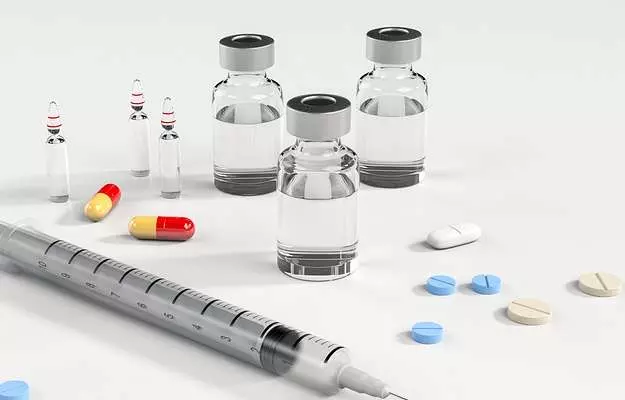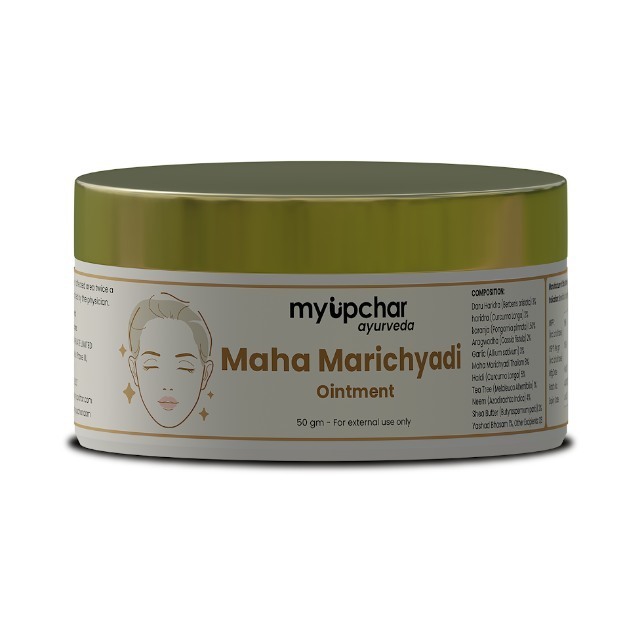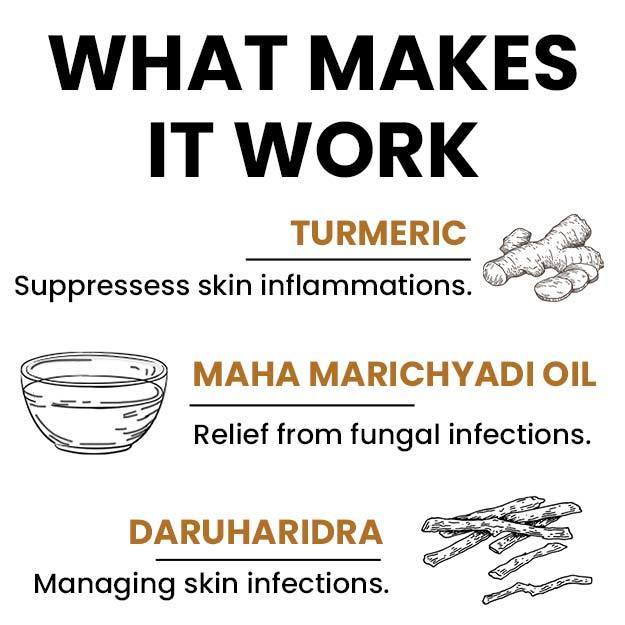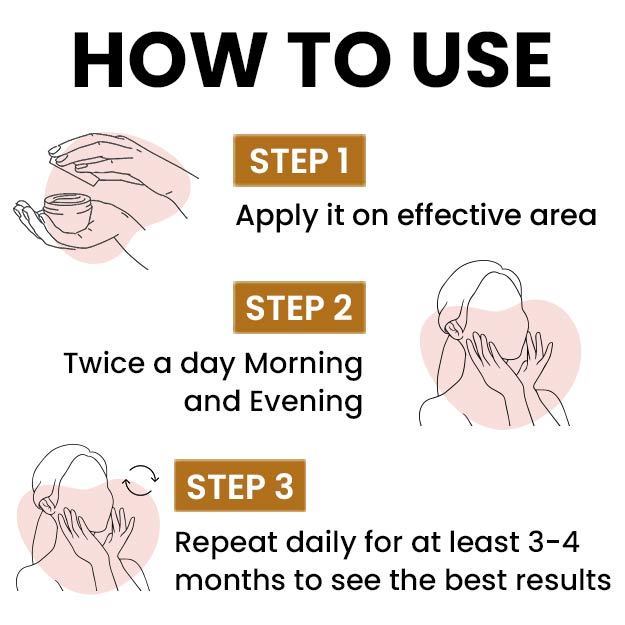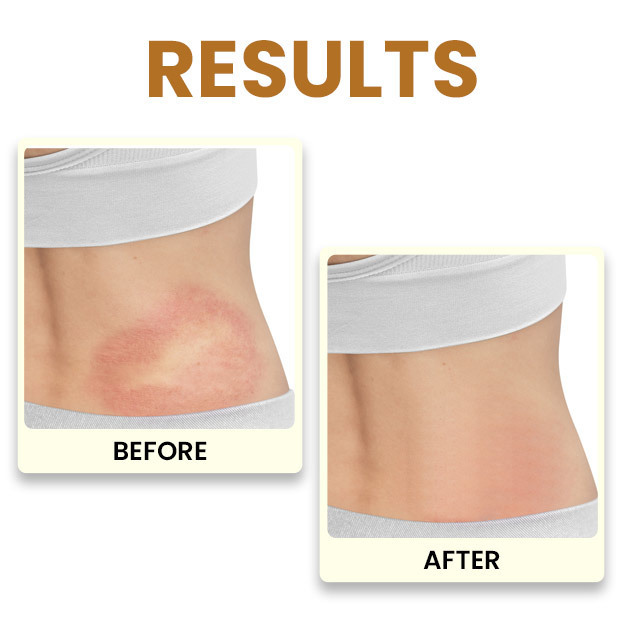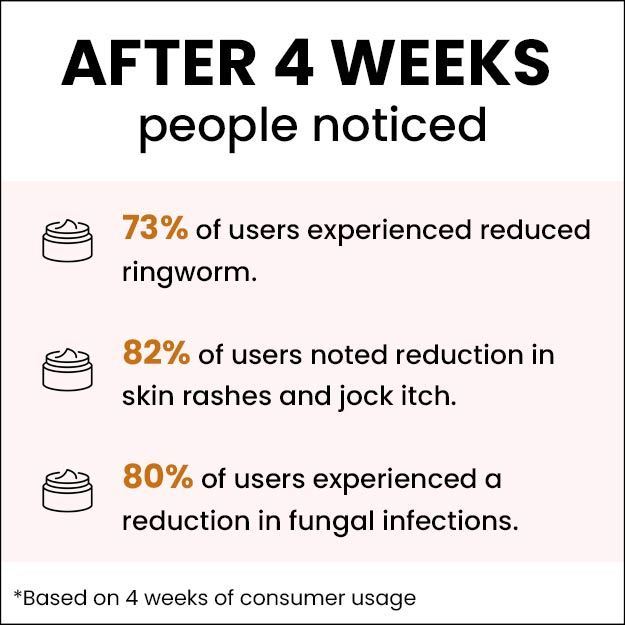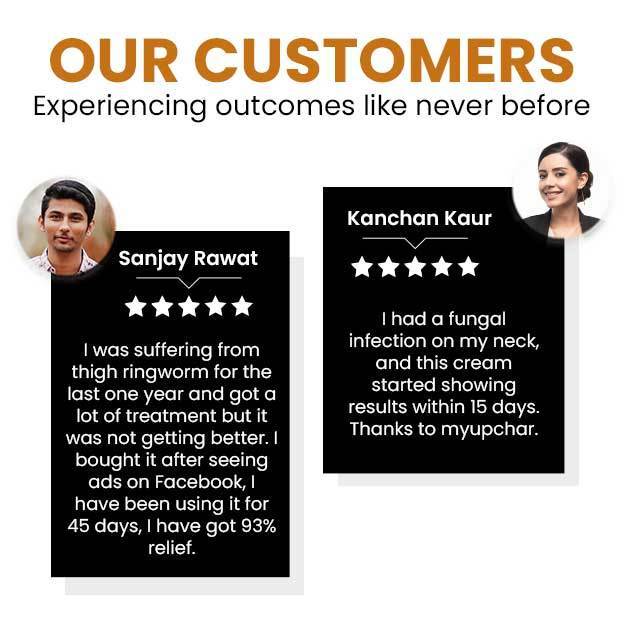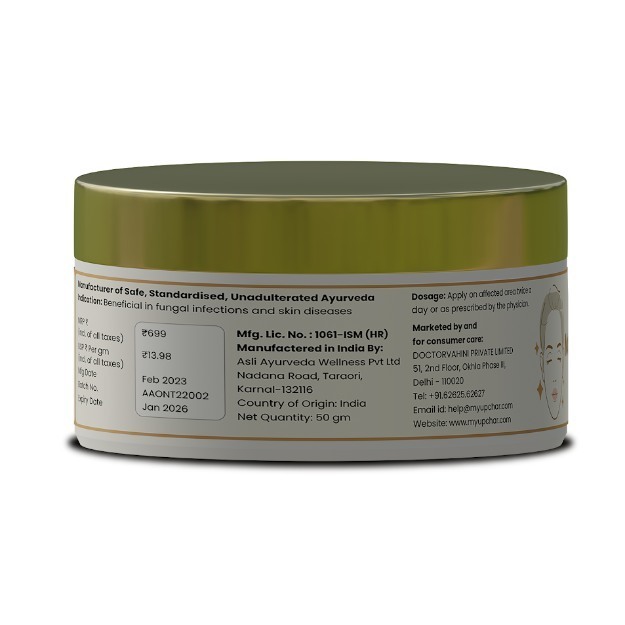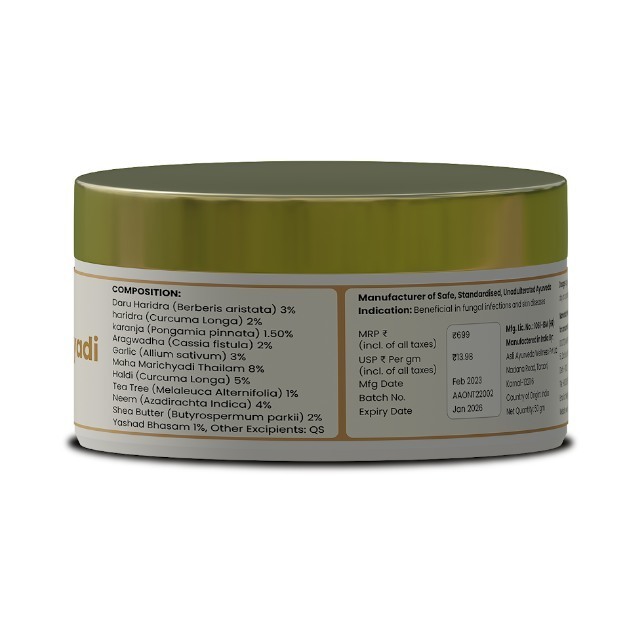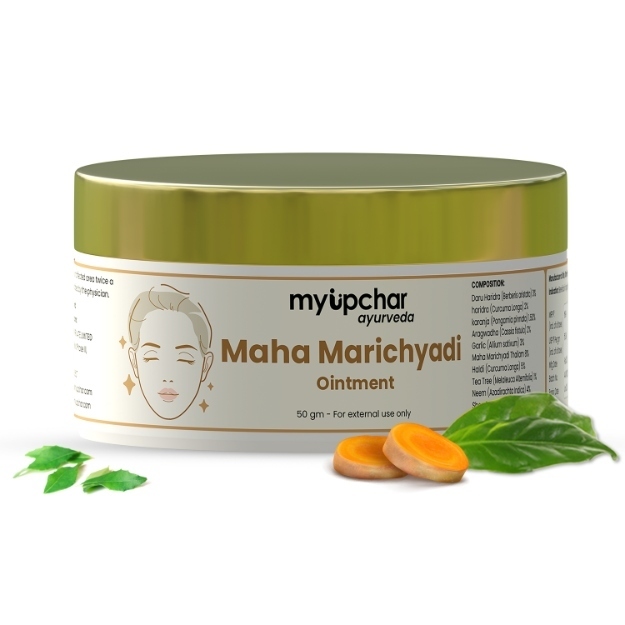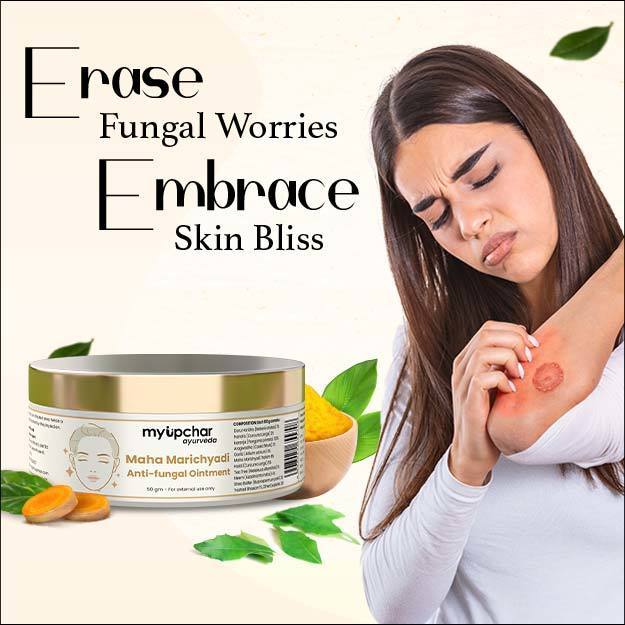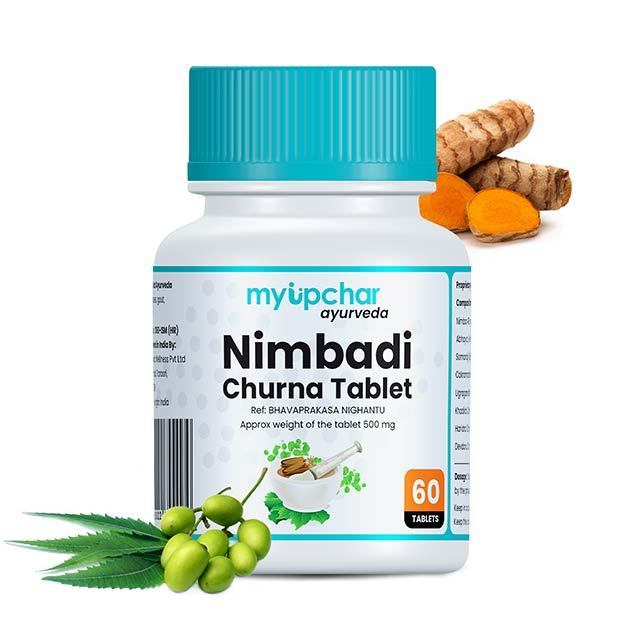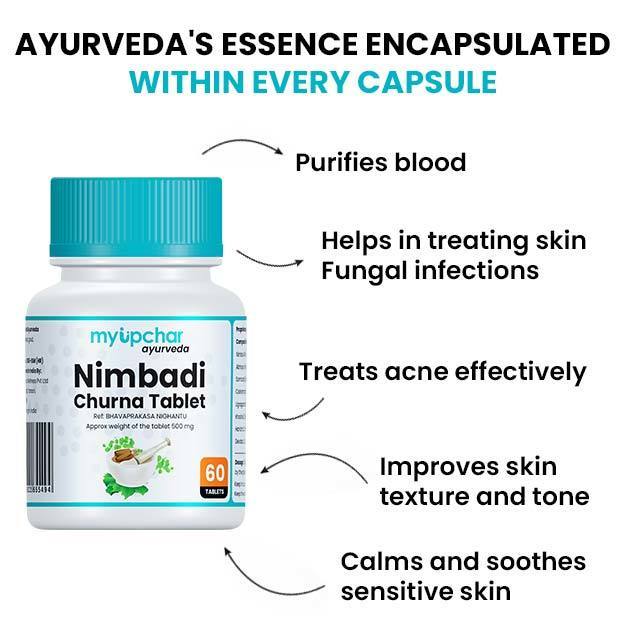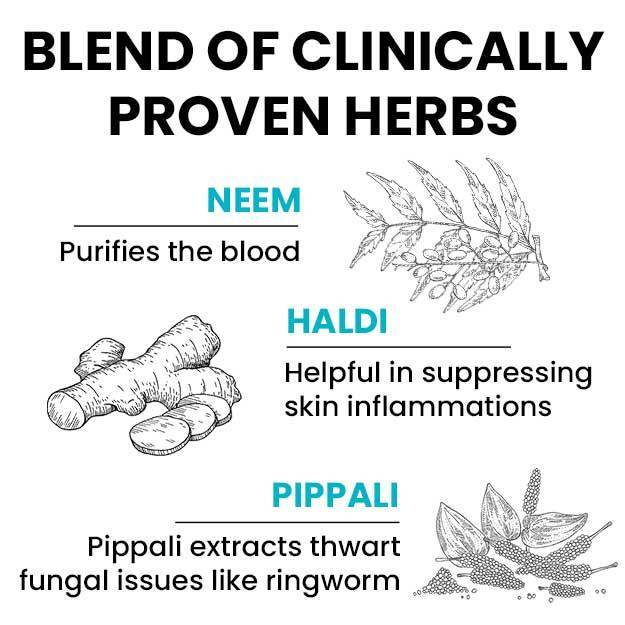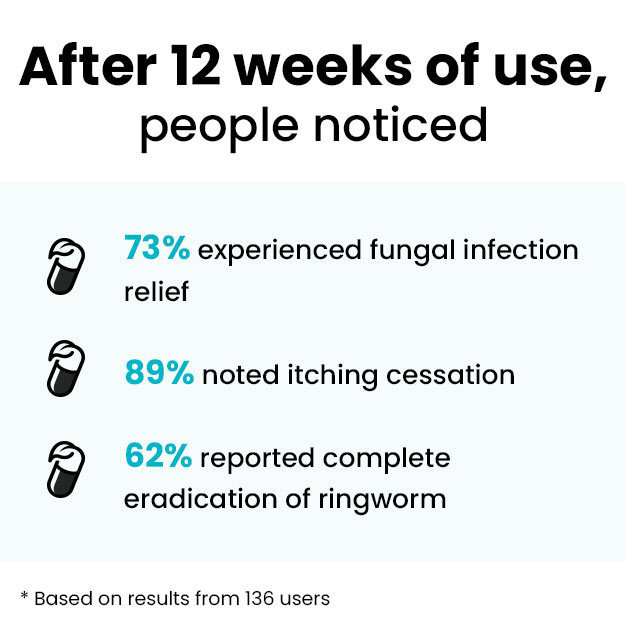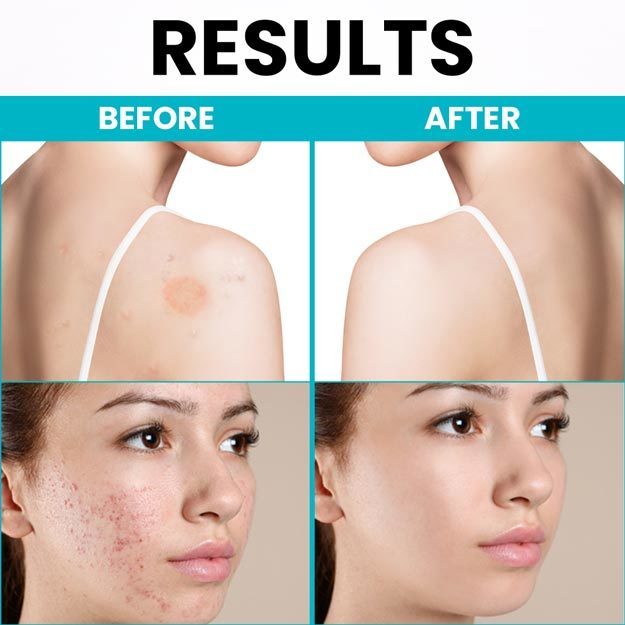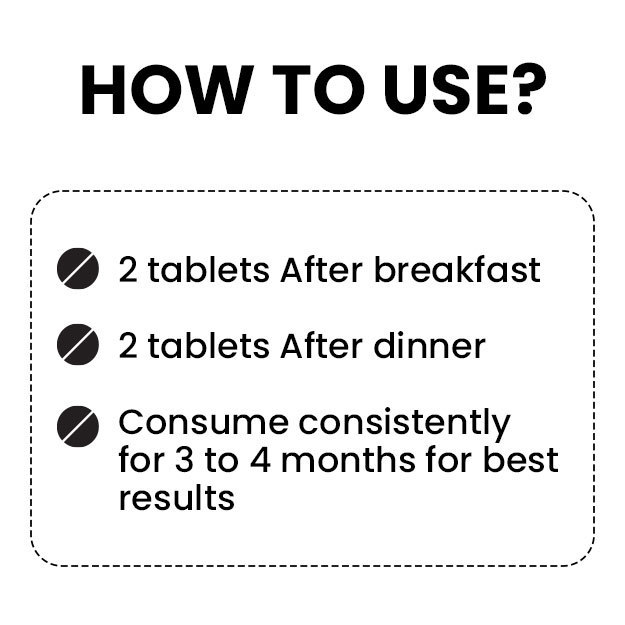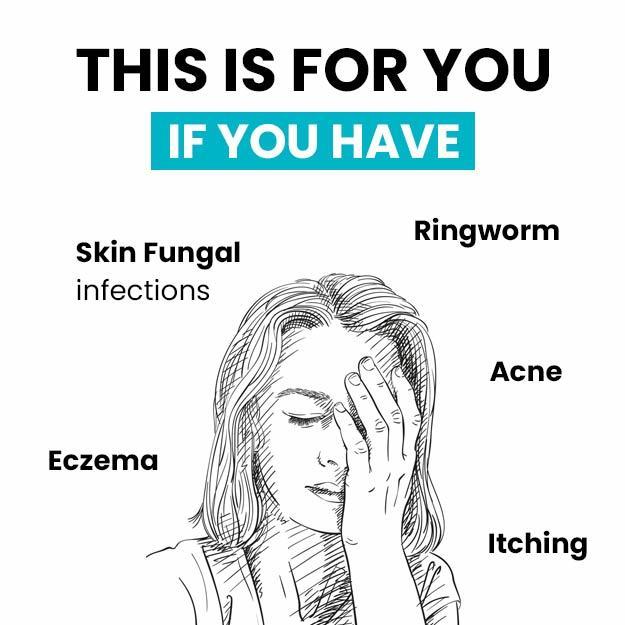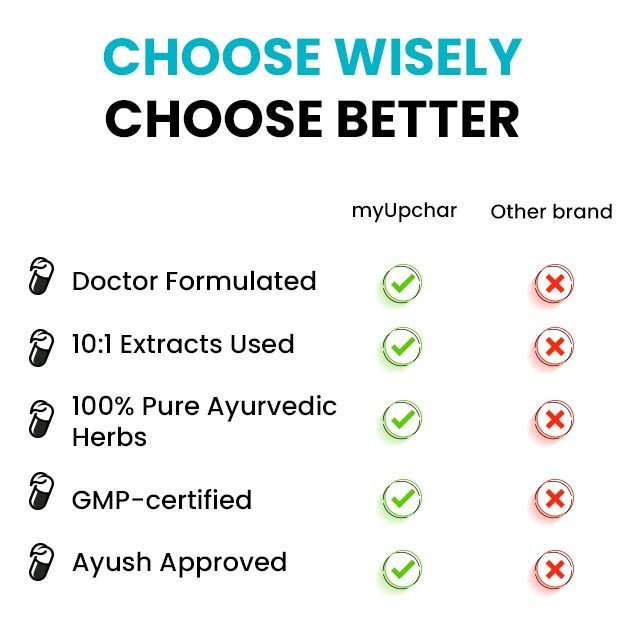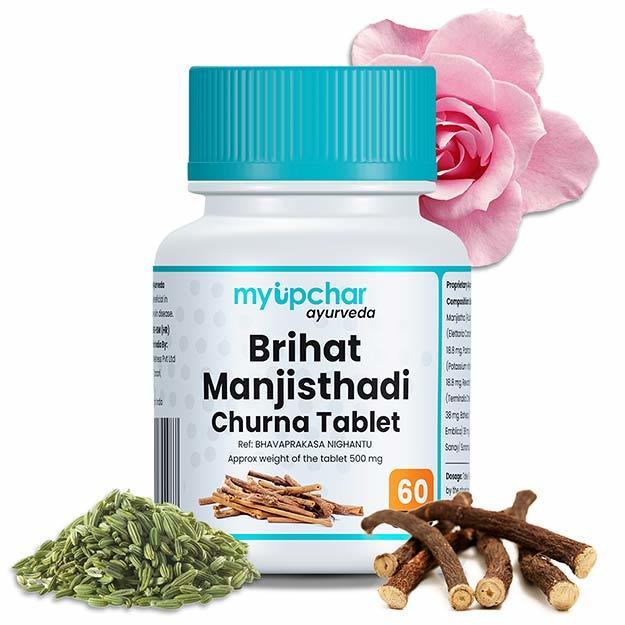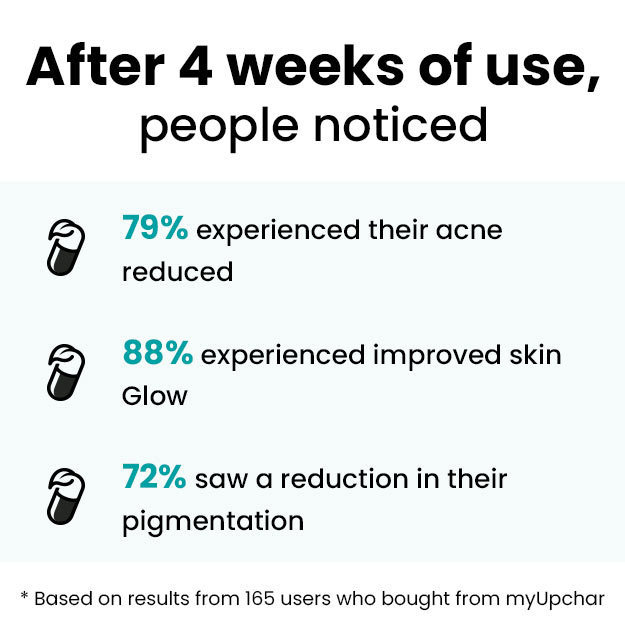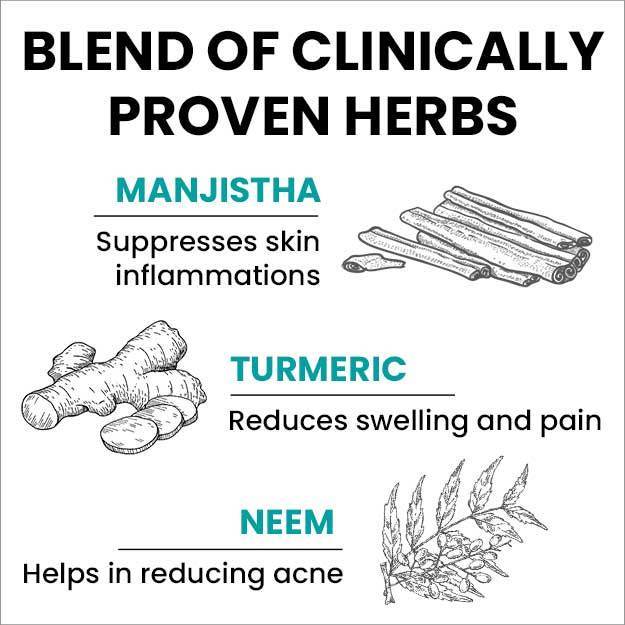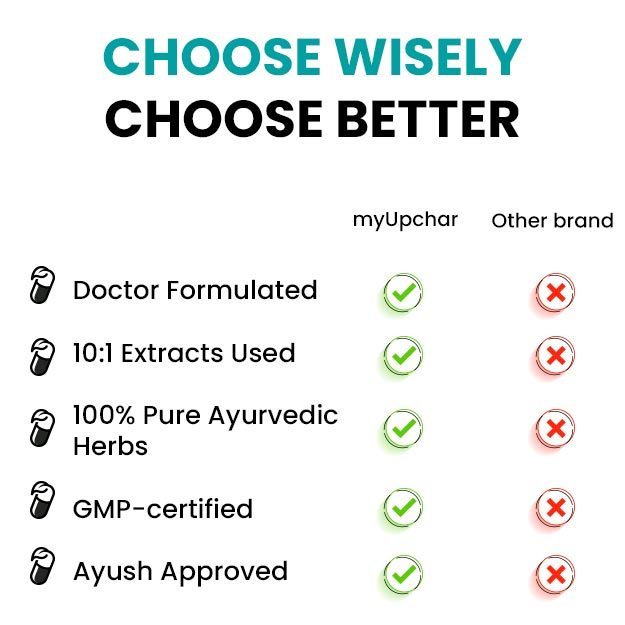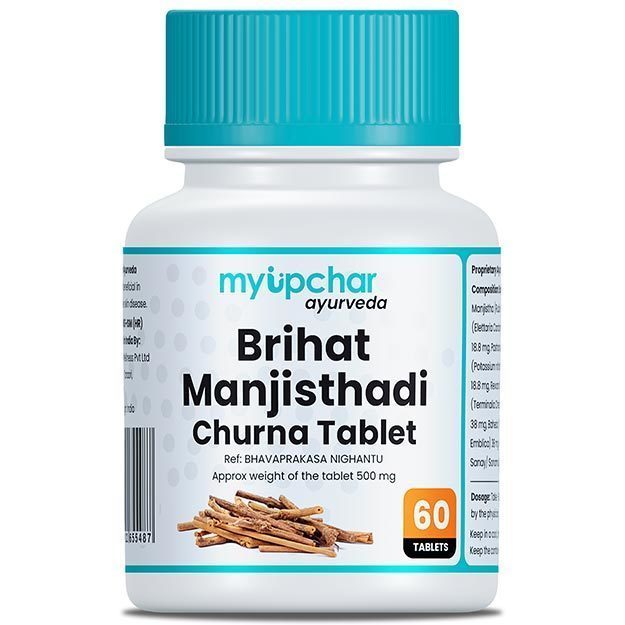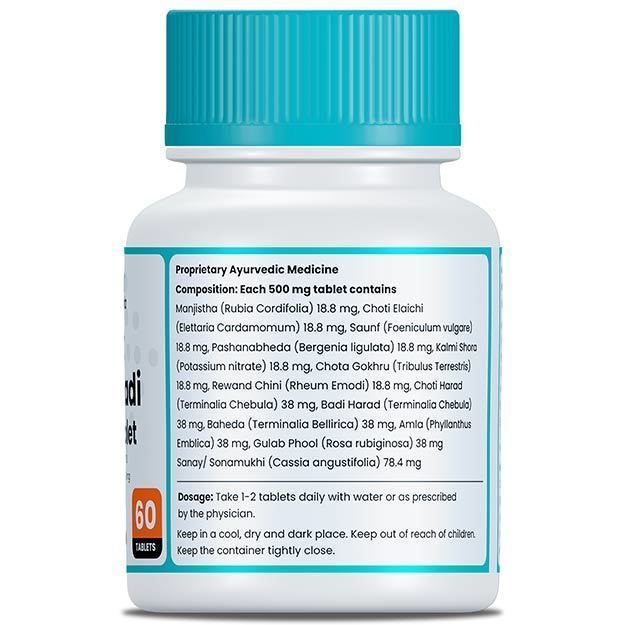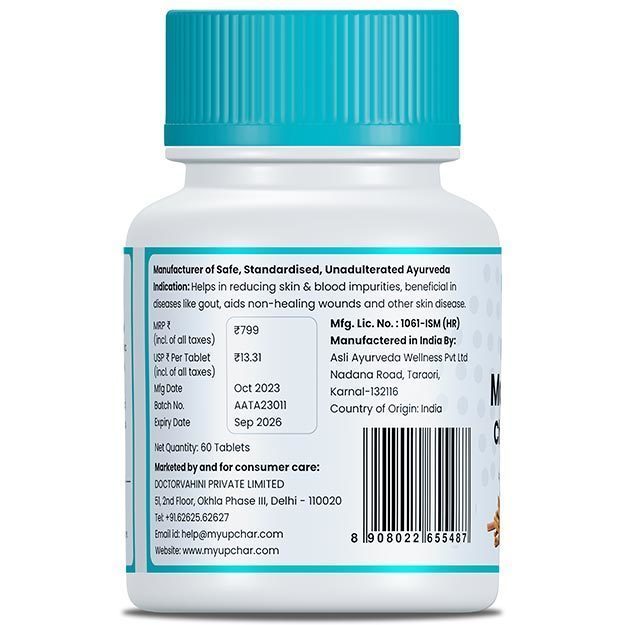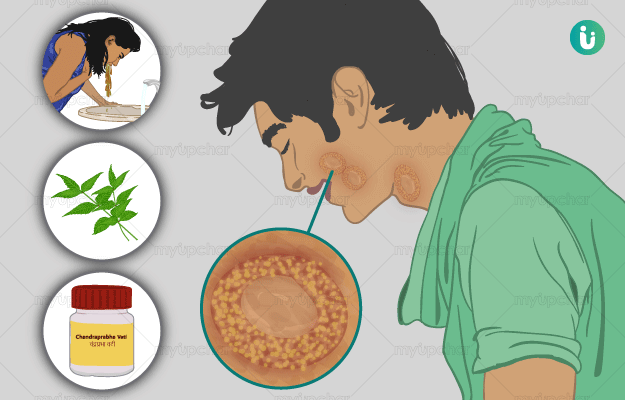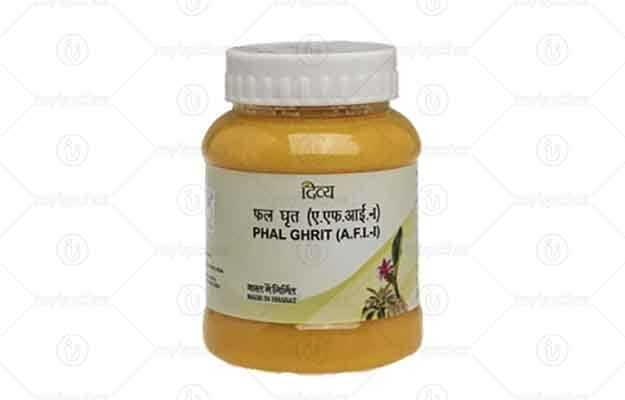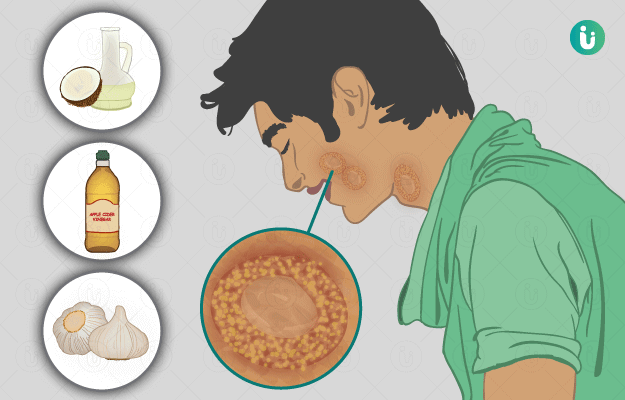We keep reading and hearing about infections from bacteria and viruses in the news, but have you ever wondered why fungal infections and their treatment results rarely make headlines? Perhaps this may be because treating infections caused by fungus is usually quite simple.
Still, ringworm, athlete's foot, jock itch and yeast infections are some of the fungal infections that you should be aware of. According to dermatologists, fungi can be difficult to kill and this is why if you have any such problem, the condition can get worse.
Fungal infections can spread from one person to another or by touching their things that are already affected by it. If not treated immediately, these infections can cause trouble and sometimes even be fatal.
The length of treatment depends on the type of fungal infection you have and how severe it is, and if you have any other health problems, for example, problems with your immune system.
Some courses of treatment for fungal infections may last for fewer days, such as treating vaginal thrush, and others may be as long as eight weeks, for example, treating ringworm infections on the scalp.
Anti-fungal medicines are used to treat fungal infections, which usually affect your skin, hair and nails. You can buy some OTC anti-fungal medicines from a pharmacy, but you may need a prescription from your doctor for some types of medicines.
This article explains in detail how to use anti-fungal medicines, anti-fungal creams, soaps, injections, tablets, powders, and what are the advantages and disadvantages of anti-fungal medicines.
(Read more -Top 10 Best Creams to Combat Fungal Infections)
What Are Anti-fungal Medicines?
Anti fungal drugs are drugs that selectively act against the fungal pathogen (disease-causing organism) to treat fungal infections (mycosis). Antifungal drugs are used to fight infections caused by fungi, often in patients with weakened immune function. There are several classes of antifungal drugs and azoles are the most commonly used antifungal class.
The major classes of antifungal drugs are polyenes, azoles and allamines. These groups are classified mainly by chemical structure and their mode of action. Some other important drugs that do not fall into these groups but are used to treat fungal infections include griseofulvin and flucytosine.
Fungal infections can be troublesome, but they are usually mild and not life-threatening in people with healthy immune systems. Fungal infections commonly treated with antifungals include:
- Ringworm
- Athlete's foot
- Fungal nail infections
- Vaginal thrush
- Certain types of severe dandruff
In rare cases, serious fungal infections occur in deep tissues inside the body, which may need to be treated in hospital. Some examples include:
- Aspergillosis, which affects the lungs.
- Fungal meningitis, which affects the brain.
You are at higher risk of developing these more serious fungal infections if you have a weakened immune system. For example, if you are taking medicines to suppress your immunity.
Sometimes antifungal medicines can cause serious side effects, although these are relatively rare. These side effects may occur in individuals who are genetically predisposed to not effectively metabolize or digest antifungal agents.
Some serious adverse effects include low potassium levels, which can cause cardiac arrhythmias, liver damage, decreased white blood cell count (which can result in a decreased resistance to illness and infection), and anaphylactic shock (a severe allergic reaction).
(Read more - How long to get rid of fungal infection)
Types Of Antifungal Medicines
Anti fungal medicines are of the following types -
Topical Antifungal
Topical is a general term used for any type of cream, gel, ointment or spray, which we apply directly on the affected part of the body. Anti fungal creams, liquid substances or sprays are used to treat fungal infections of the skin, scalp and nails.
These topical antifungal medications include drugs such as clotrimazole, econazole, ketoconazole, miconazole, tioconazole, terbinafine, and amorolfine. They are available under different brand names. Antifungal shampoo is also a topical antifungal medication that contains ketoconazole. It is sometimes used to help treat fungal infections of the scalp and certain skin conditions.
Oral antifungals
Any antifungal medicine that you swallow by mouth, such as a capsule, tablet or liquid medicine. For example, miconazole is available as an oral gel and nystatin as a liquid. They are applied to the mouth. They are used to treat thrush (infection) in the mouth and throat.
Oral antifungals such as terbinafine, itraconazole, fluconazole, posaconazole and voriconazole are available as tablets that are absorbed into the body. They are used to treat various fungal infections.
Which tablet you are given depends on the type of infection you have. For example, terbinafine is commonly used to treat nail infections caused by a fungus called tinea.
Intravenous antifungals
These are medicines that are usually given in hospital through a vein in your arm by an intravenous infusion (continuous drip of medicine through a thin tube) procedure.
Intra-vaginal antifungal pessaries
Antifungals are also available as intra-vaginal pessaries. Pessaries contain a small, solid dose of medicine that a woman places in her vagina to treat conditions such as vaginal thrush.
Some antifungal medicines are used as pessaries to treat vaginal thrush, particularly clotrimazole, econazole, miconazole and fenticonazole.
(Read more - Home Remedies for Fungal Infection)
Antifungal Cream
You can use antifungal creams to treat many fungal infections of the skin, including ringworm, athlete's foot, jock itch and yeast infections. Every antifungal cream contains one or more active ingredients and different types of cream are effective against each fungal infection. Knowing the creams used for each fungal infection will help you get rid of them. When you buy antifungal creams, keep the following in mind -
- You should treat ringworm with a fungal cream that contains one of the following active ingredients such as butenafine, terbinafine, oxiconazole, ciclopirox, econazole or miconazole.
- If you suspect that you have athlete's foot, you should treat it with an antifungal cream or spray that contains one of the active ingredients such as terbinafine, miconazole or clotrimazole.
- You should use a cream containing naftifine, terbinafine, miconazole, clotrimazole, econazole or oxiconazole to treat jock itch.
- A yeast infection of the skin around the vagina is often accompanied by white or yellow vaginal discharge, burning, itching, and redness. You should treat a yeast infection with an antifungal cream that contains butoconazole, clotrimazole, miconazole, or terconazole.
- Use the cream only on the skin. Wash the skin to be treated cleanly and dry it well and apply the cream to the affected skin, usually twice a day or as directed by your doctor.
- After applying the cream, wash your hands. Do not cover or bandage the area unless directed to do so by your doctor.
- Do not apply the cream to the eyes, nose, mouth, or inside the vagina. Use the cream regularly to get the most benefit. It should be used at the same time each day.
- If you are using the spray, shake the bottle well before use. The dose and treatment time depend on the type of treatment. Do not apply it more often than prescribed as this will not make your condition better but may increase the side effects.
(Read more - Diet for fungal infection)
Antifungal Soap
The term fungi is used for more than one fungus and some of them are absolutely harmless, while there are some that can seriously affect your skin health. According to statistics, there are more than 50,000 species of fungi around us and some of them can live on our skin for years, if we do not use anti fungal soap or medicated soap.
Anti fungal soaps are made from a combination of pharmaceutical grade essential oils that help protect the skin against fungal and bacterial infections. These soaps have the ability to clear most types of fungal infections. Anti fungal soaps are an ideal treatment for ringworm, jock itch and athlete's foot.
However, there has been very little formal research on the effectiveness of anti fungal soaps. We know that some ingredients, such as tea tree oil or colloidal silver, have antifungal properties, but how they work in household products is still under research.
For years, people have been using colloidal silver, aloe vera, jojoba oil, and tea tree oil to treat fungal infections, and these are the ingredients found in antifungal soaps. Many of these ingredients are used in the right proportions in antifungal soaps, which is why you can definitely expect good results from these soaps.
Although antifungal soaps are not an effective substitute for professional care from a dermatologist, nor are they a better alternative to antifungal medications. But if you have foot fungus and want to reduce the risk of recurrence, there is no harm in using antifungal soap regularly, in fact, it is a very good preventive measure against all types of skin infections.
If you have skin problems like athlete's foot, dry skin and ringworm, you can use antifungal soaps. Since these soaps are mostly made of organic materials, you can use them like any other soap. While bathing, start from your upper body part and work your way down to the rest of the body.
For proper application, use a wash cloth or cloth to apply it on the skin as it creates a good lather. Leave the lathered cloth on the affected area for at least two minutes for better effect. For the rest of the body, one application of soap a day is enough, but in the affected area, it is necessary to do this at least twice or thrice.
As far as using antifungal soaps on the scalp is concerned, they do not seem to be harmful for the scalp or hair. However, we do not recommend you to use these soaps on your hair. The cause of infection in each part of the body can be different and hence you need some better treatment to treat your scalp infection, like an antifungal shampoo.
(Read more - Ayurvedic remedies for Fungal Infections)
Antifungal Injection
Antifungal injection is used to treat fungal infections, including yeast infections of the mouth, throat, esophagus (the tube from the mouth to the stomach), abdomen (the area between the chest and groin), lungs, blood and other organs.
The injection is usually infused intravenously (drip into a vein) over a period of 1 to 2 hours, usually once a day for up to 14 days of treatment. The length of your treatment depends on your condition and how well you respond to antifungal injection. Your doctor will tell you how long to use antifungal injection.
This injection is usually given by a health care professional in a hospital or clinic. If you have to take this medicine at home, you will be taught how to prepare and take this medicine. Use it as directed. Keep taking your medicine at regular intervals.
Dispose of your used needles and syringes in a special sharps container. Do not throw them in the trash. If you do not have such a container, buy one from your pharmacist or healthcare provider.
Talk to your pediatrician about the use of this medication in children. Children may need special care.
Before using the injection, examine the solution closely. It should be clear and free of any floating material. Also inspect the container for any leaks. Do not use it if it is not perfect, such as if it contains particles or the container is leaking. Use a new solution, but show the damaged container to your doctor.
You should feel better within a few days of treatment with the injection. If your symptoms do not improve or get worse, tell your doctor. Keep using the injection until your doctor tells you to stop, even if you feel better. If you stop using the injection early, your infection may come back after a short time.
Anti fungal injections can be of many types, for example, fluconazole injection, fluconazole is from a class of anti fungi called triazoles. It works by slowing the growth of the fungus that causes the infection. Fluconazole injection is given as a solution (liquid) through a needle or catheter into your vein.
(Read more - How to remove fungal infection marks from skin)
Antifungal Tablets
Anti fungal tablets or pills are used to treat fungal infections of the nails and skin, such as ringworm (tinea corporis), jock itch (tinea cruris) and athlete's foot (tinea pedis).
Antifungal tablets are used to treat severe or widespread infections that do not clear up with antifungal creams. The tablets kill the fungus that is causing the infection. The tablet pierces the cell membrane of the fungus, causing it to die slowly.
The cell membrane of fungi or fungi is vital for their survival. This membrane prevents unwanted substances from entering the cell and leaking out the contents of the cell. By piercing the cell membrane, antifungal tablets kill the fungus and therefore clear up the infection.
The oral antifungal medicines currently in use include itraconazole, fluconazole, ketoconazole and terbinafine.
Key facts about antifungal tablets -
- Antifungal tablets are the best way to treat severe fungal infections of your nails.
- If you have liver or heart disease, you should not take antifungal tablets. They can cause rare but dangerous side effects such as heart failure and liver failure.
- Depending on the antifungal tablets you use, you may need to have tests every 4 to 6 weeks to check for damage to your liver, kidneys or heart.
- Sometimes the infection may return after it has healed. Your doctor may suggest ways to reduce the chances of this occurring.
(Read more - Candidal Infection)
Antifungal Powder
Antifungal powder helps to treat fungal infections of the skin, for example ringworm, candidiasis, athlete's foot, fungal nappy rash, groin infections, etc. Antifungal powder can be used to treat these skin infections in adults and children of all ages. Antifungal powder can be used on chapped skin and is especially useful where the skin needs soothing. You can use it in the following way -
- Clean and dry the skin completely before applying the anti fungal powder.
- The powder should be sprinkled on the affected area and surrounding skin twice a day (morning and evening).
- The powder can also be sprinkled on the inside of clothes, socks or shoes that have been in contact with the infected area.
- You should continue to use the powder for 10 days even after you have relieved all symptoms of the infection. This is to ensure that the infection is completely treated, thus preventing it from coming back.
- If symptoms continue even after continued use, consult your doctor. Anti fungal powder is for external use on the skin only. It should not be taken by mouth or used inside the mouth or nose. Avoid contact with eyes.
(Read more - How long to get rid of fungal infection)
Summary
Anti fungal medicines are used to treat fungal infections. These medicines stop the fungus from growing or destroy it. Antifungal drugs are used to treat infections of the skin, nails, hair, mouth, throat, and internal organs. These drugs are available in the form of creams, lotions, powders, tablets, injections, and shampoos. Commonly used drugs include clotrimazole, ketoconazole, itraconazole, and fluconazole.
However, they should not be used without consulting a doctor, as the wrong drug or improper dosage can cause side effects, such as allergies, stomach upset, or liver problems. It is important to select and dose the drug based on the type and severity of the infection. Regular use of the drug and following the full course of treatment is essential to completely eliminate the infection.

